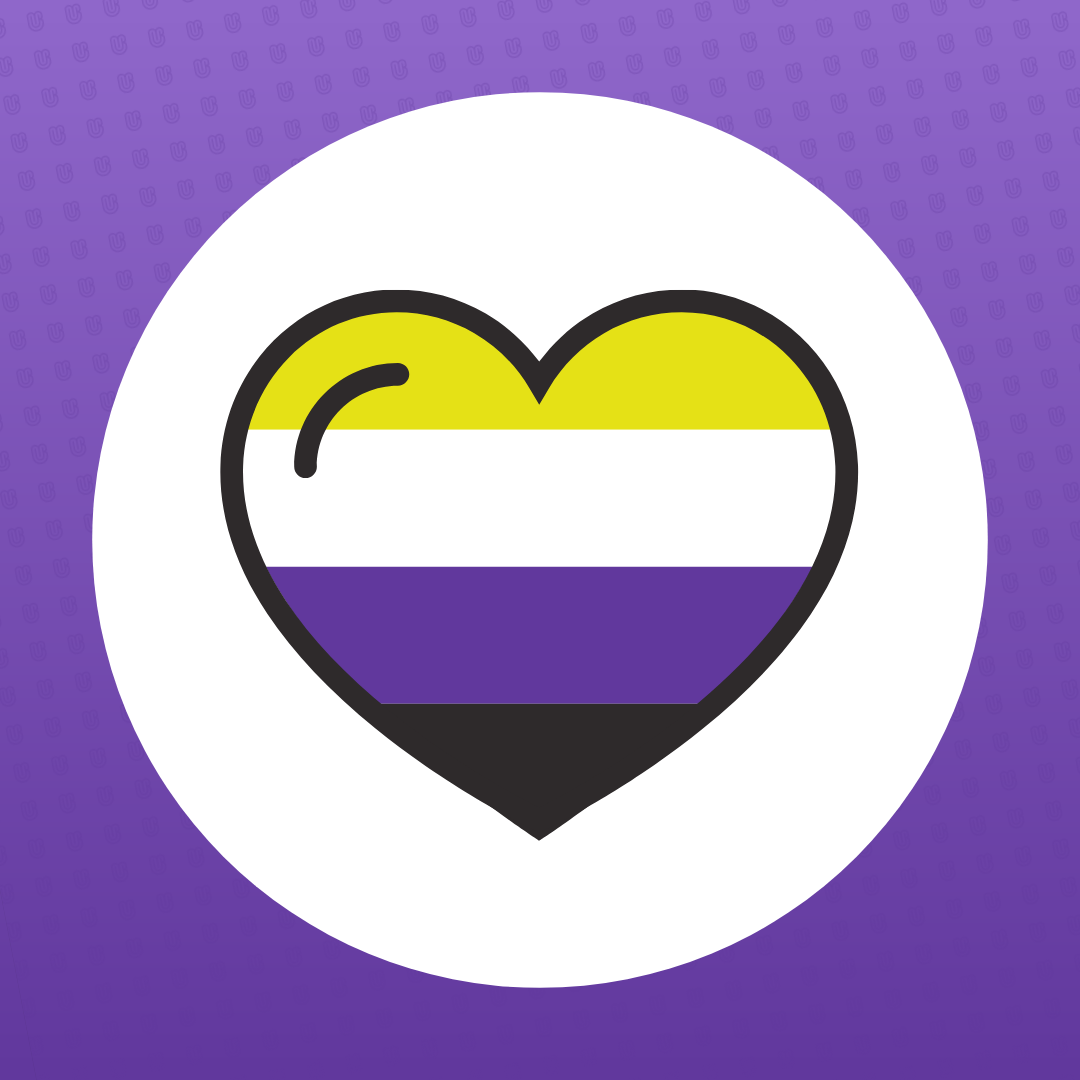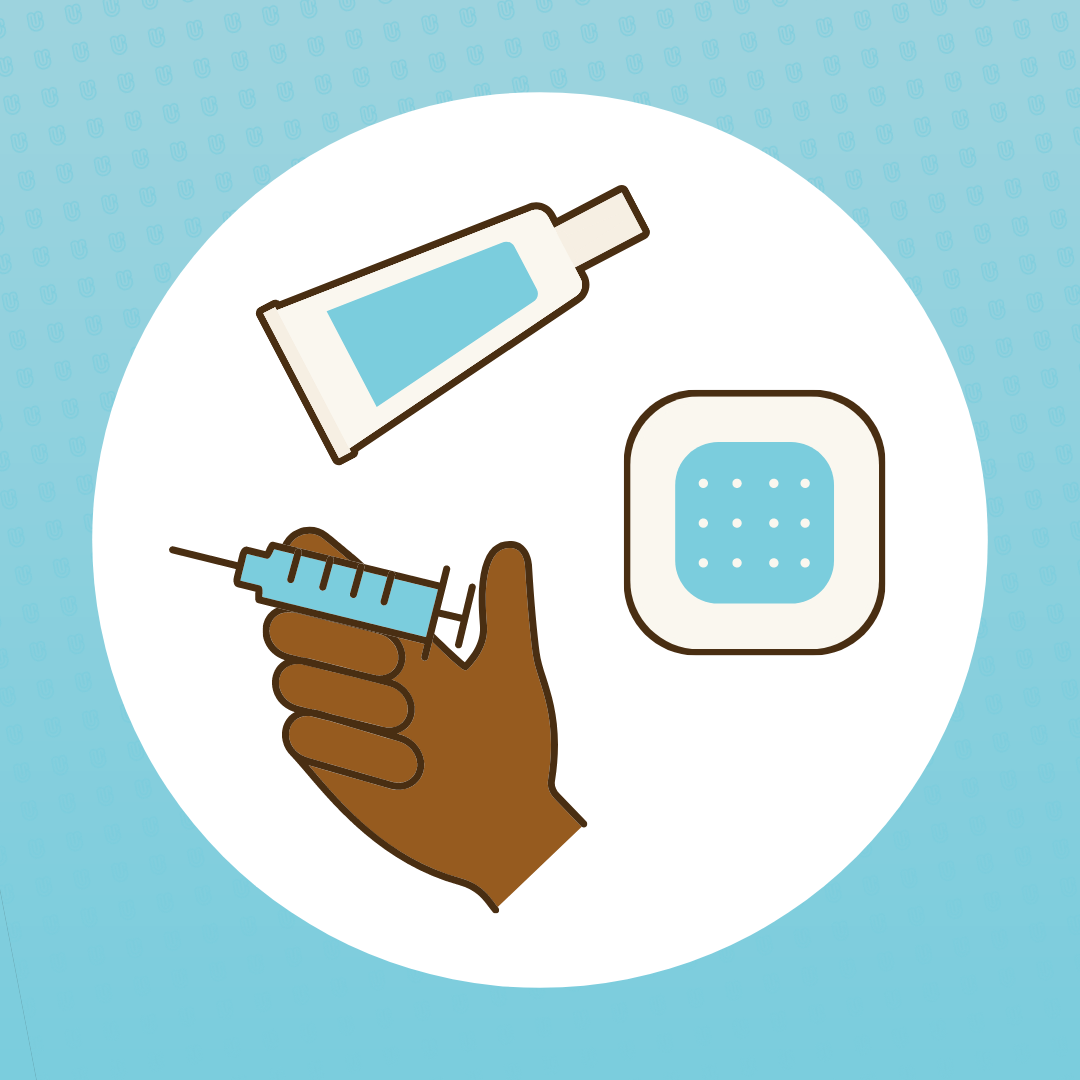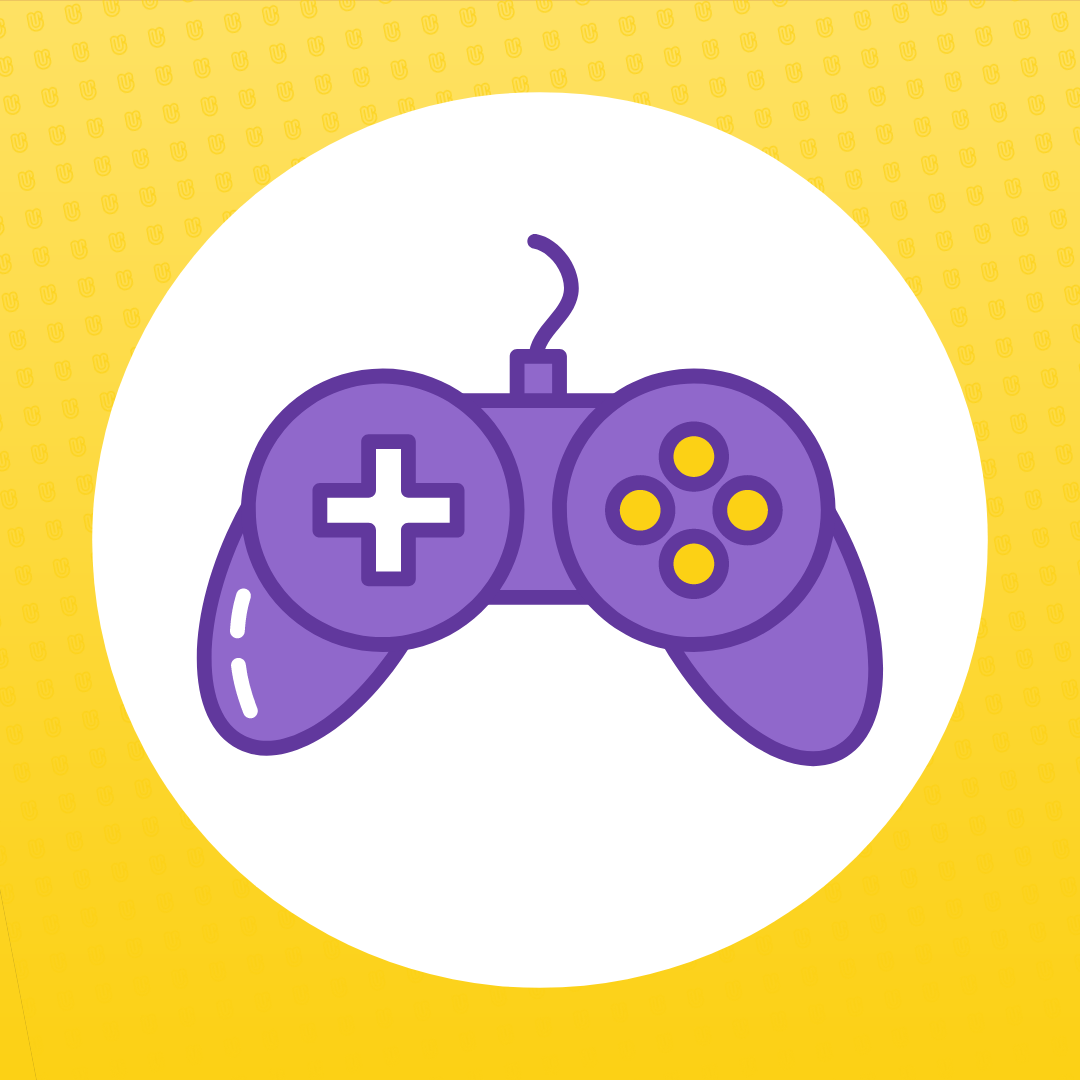On July 14th of each year, we celebrate non-binary identities and raise awareness on the discrimination and violence that many non-binary people still face around the world – this global event is called International Non-Binary People’s Day.
Keep reading to learn what it means to be a non-binary person, the significance of the holiday, and what you can do to observe and participate in it!
What Does It Mean To Be Non-Binary?
According to Human Rights Campaign, the term "non-binary" describes someone who “does not identify exclusively as a man or a woman”.
For a long time, gender was understood as binary – you’re either male or female. But today, more and more people consider gender as a spectrum where people can identify as male, female, or anywhere in between. To be non-binary, as GLAAD puts it, is to "exist outside of the binary definitions of man or woman, masculine or feminine".
Non-binary can be used to describe a multitude of experiences and identities, including those who:
- Identify with all aspects of male and female gender identities and may feel comfortable identifying as both a man and a woman at the same time
- Have a fluctuating gender identity, where they feel more masculine on some days and more feminine on others.
- Feel like they simply exist somewhere along the spectrum or even outside it all together
Different terms fall under the non-binary gender identity umbrella, including:
- Genderqueer
- Gender-fluid
- Genderflux
- Gender non-conforming
- Bigender: Someone identifying as both male and female
- Agender: Someone identifying as having no gender
- Pangender: Someone with two or more genders
- Neutrois: A term associated with having a neutral gender
- Demiboy: Someone who feels partially but not fully male
- Demigirl: Someone who feels partially but not fully female
- Trigender: Someone who experiences three gender identities
Like transgender people, non-binary people may experience body dysphoria – a term that describes feelings of distress stemming from a “disconnect” between one’s gender identity and one’s sex assigned at birth. For example, a trans woman may feel uncomfortable with certain "masculine" features, such as their voice or facial structure.
Some non-binary people will take gender-affirming steps to feel more “at home” in their bodies and closer to their genders, including (but not limited to) hormone therapy, top or bottom surgery, and gender marker and legal name changes.
Because of these shared experiences, many non-binary people also tend to identify as transgender or consider themselves as part of the community. However, not all do.
Why Is International Non-Binary People’s Day Important?
International Non-Binary People's Day is a day created to increase non-binary visibility and shed light on issues faced by those whose gender identities, gender expression, and “authentic self” lie outside the gender binary.
The call for a holiday to celebrate non-binary people can be traced to 2012. The date was specifically chosen because it is sandwiched between International Women's Day (March 8th) and International Men's Day (November 19th).
In Canada, significant progress has been made in terms of non-binary inclusivity in both the legal and medical realms. In fact, the 2021 census was considered by many as "groundbreakingly inclusive", as it asked participants about their gender identities and sex assigned at birth. A non-binary person may also choose X as the gender marker on their valid IDs, such as their passport or driver's license.
However, the rest of society is not as progressive in addressing these issues. In numerous countries around the world, transgender and non-binary people can't gain legal recognition of their gender identities and are not allowed to live as their authentic selves.
And even in our neighbour country, you'll find a lot of stories of trans and non-binary discrimination, especially in healthcare. In a US study on healthcare access regarding trans/non-binary youth, it was found that nearly three percent of teens did not identify with traditional binary genders. The same study found that those who identify as trans and non-binary reported "significantly poorer health, lower rates of preventive health checkups, and more nurse office visits than cisgender youth".
How Can You Celebrate International Non-Binary People’s Day?
Whether you're part of the trans and non-binary community or simply want to be a better ally, there is a myriad of ways you can celebrate International Non-Binary People's Day:
Find Events In Your Community
Although live events and parties are still sparse these days – no thanks to the COVID-19 pandemic – that doesn't mean celebrations are completely off the table. Most organizations have continued to host live-streamed events, talks, and panel discussions in the meantime. You can also look for online campaigns you can participate in, where you can proudly show your support or share your own experiences on social media.
To get started, look up LGBTQ2S+ organizations in your local community. And if there aren't any where you're from, you could also consider starting your own!
Pass The Mic To Non-Binary Folks
Do you identify as an exclusively masculine or exclusively feminine cisgender person? Oftentimes, well-meaning allies will want to use their voices and platforms to speak up against issues of discrimination and negative gender stereotypes.
However, be wary of centering yourself in discussions and taking time or space away from non-binary folk. Instead, work towards highlighting and uplifting queer voices.
Respect People’s Pronouns
As you learn that not everyone subscribes to the concept of the gender binary, you'll realize that not everyone feels comfortable using "he" or "she" pronouns. For many (but not all) non-binary people, the preferred gender-neutral pronoun is the singular "they". The use of singular they was even considered valid by the Oxford Dictionary in 2018!
When in doubt, practice using "they/them" when you're unsure of a person's gender identity or politely ask in an appropriate time and space. This doesn't just make a non-binary person feel as if their identity is valid, but it also shows them that you respect who they are.
You can also practice introducing your own pronouns and including them in your email or social media bios. This helps demystify the introduction of pronouns in everyday situations.
Try Using More Inclusive Language
Phrases like “ladies and gentlemen”, honorifics like “Mr.” and “Ms.”, and even words like “brother”, “sister”, “husband”, and “wife” are all so deeply ingrained in our lexicon that most people fail to think twice about whether these terms can feel exclusionary.
Practice using gender-inclusive terms instead, like “distinguished guests” instead of “ladies and gentlemen” or “sibling” instead of “brother or sister”.
Non-binary people may identify as neither male nor female, both genders, a mix of different genders, and may sometimes even have their own unique gender.
International Non-Binary People’s Day is important because it recognizes the existence of non-binary people in society and helps other people realize that there are many ways to be non-binary. On this day, you can celebrate by having conversations with friends who don't know about your identity or find events in your community if they're available!
To learn more about annual LGBTQ2S+ events here and in other countries, stay tuned to our blog for updates.




Leave a comment
This site is protected by hCaptcha and the hCaptcha Privacy Policy and Terms of Service apply.